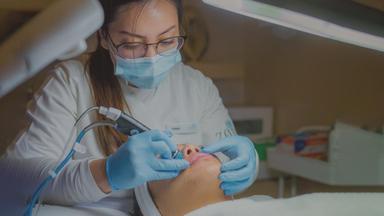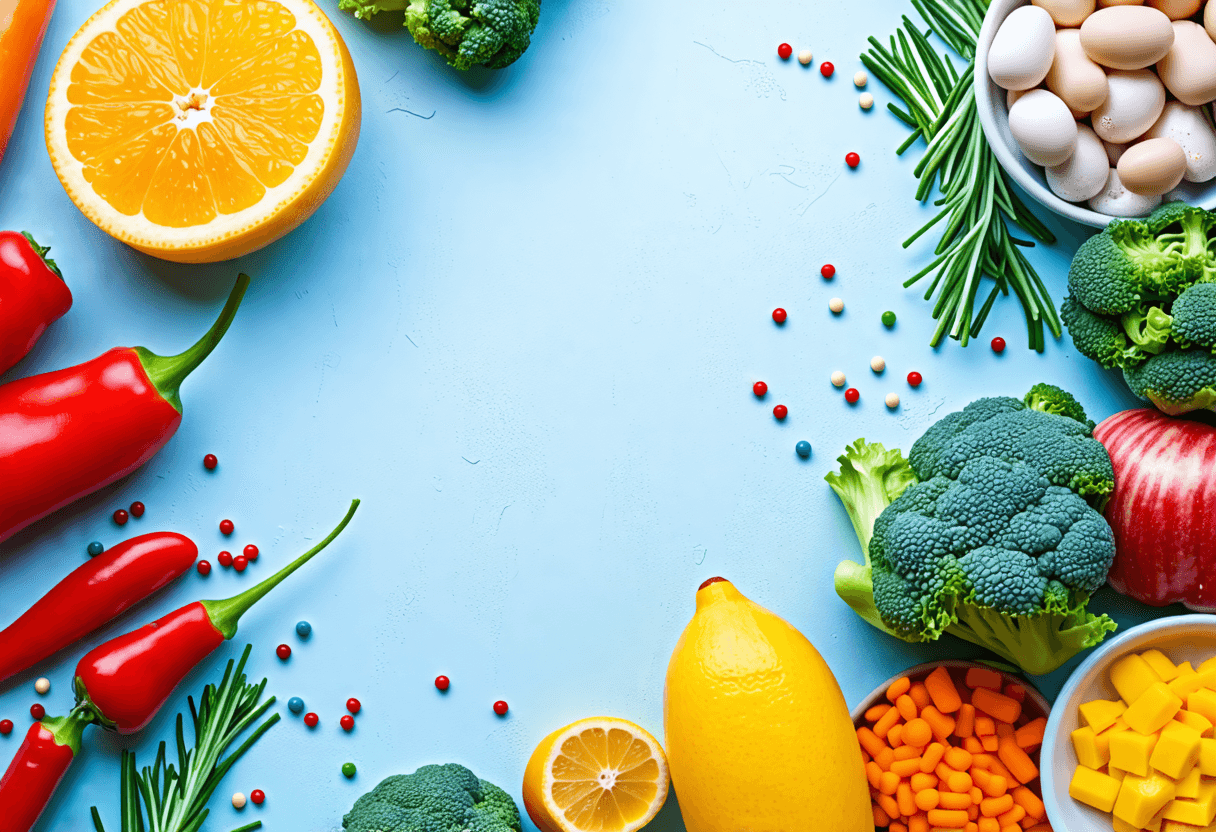
Esophageal Cancer and Nutrition
23 Oct, 2024
 Healthtrip
HealthtripWhen we think about cancer, we often think about the big three: breast, lung, and colon. But there's another type of cancer that's often overlooked, yet affects thousands of people every year: esophageal cancer. It's a type of cancer that affects the esophagus, the tube that carries food from the mouth to the stomach, and it's a diagnosis that can be devastating. But there is hope, and it starts with nutrition. A healthy diet can play a crucial role in preventing esophageal cancer, and even helping to manage its symptoms and treatment. In this blog, we'll explore the connection between esophageal cancer and nutrition, and what you can do to reduce your risk.
The Risks of Esophageal Cancer
Esophageal cancer is a type of cancer that affects the esophagus, a muscular tube that carries food from the mouth to the stomach. It's a relatively rare type of cancer, but it's also one of the deadliest, with a five-year survival rate of just 20%. The risks of esophageal cancer are higher for people over the age of 60, and for those who have a history of gastroesophageal reflux disease (GERD). Other risk factors include smoking, obesity, and a diet low in fruits and vegetables.
Most popular procedures in India
The Role of Nutrition in Preventing Esophageal Cancer
Nutrition plays a crucial role in preventing esophageal cancer. A diet rich in fruits, vegetables, and whole grains can help to reduce the risk of esophageal cancer, while a diet high in processed meats and sugary drinks can increase it. Foods that are high in antioxidants, such as berries and leafy greens, can help to protect the esophagus from damage caused by free radicals. Foods that are high in fiber, such as whole grains and legumes, can help to regulate digestion and reduce the risk of GERD.
Wellness Treatments
Give yourself the time to relax
Lowest Prices Guaranteed!

Lowest Prices Guaranteed!
Nutrition and Esophageal Cancer Treatment
Nutrition also plays a crucial role in the treatment of esophageal cancer. During treatment, it's essential to get enough nutrients to help the body heal and recover. This can be challenging, as esophageal cancer and its treatment can cause a range of side effects, including nausea, vomiting, and difficulty swallowing. A dietitian or nutritionist can help to develop a personalized meal plan that meets the individual's nutritional needs and takes into account any dietary restrictions or preferences.
Managing Side Effects with Nutrition
Nutrition can also help to manage the side effects of esophageal cancer treatment. For example, foods that are high in protein, such as lean meats and fish, can help to reduce muscle wasting and improve overall nutrition. Foods that are high in calories, such as nuts and dried fruits, can help to increase energy levels and reduce fatigue. And foods that are easy to digest, such as soups and smoothies, can help to manage nausea and vomiting.
Food for Thought: Nutrition and Esophageal Cancer Prevention
So what can you do to reduce your risk of esophageal cancer? The good news is that there are many simple changes you can make to your diet to reduce your risk. Here are some tips:
Eat a Rainbow
Eat a diet rich in fruits and vegetables, which are high in antioxidants and fiber. Aim for at least five servings a day, and include a variety of colors to get a range of nutrients.
Choose Whole Grains
Choose whole grains, such as brown rice, quinoa, and whole wheat bread, which are high in fiber and nutrients. Avoid refined grains, such as white bread and pasta, which are low in fiber and nutrients.
Limit Processed Meats
LIMIT processed meats, such as hot dogs and sausages, which are high in preservatives and sodium. Opt for lean meats, such as chicken and fish, and vary your protein sources.
Stay Hydrated
Drink plenty of water throughout the day to help regulate digestion and reduce the risk of GERD.
Conclusion
Esophageal cancer is a serious diagnosis, but it's not a death sentence. By making simple changes to your diet, you can reduce your risk of esophageal cancer and improve your overall health. Remember, nutrition is key, and by eating a healthy, balanced diet, you can take control of your health and reduce your risk of esophageal cancer.
Most popular wellness packages
Related Blogs
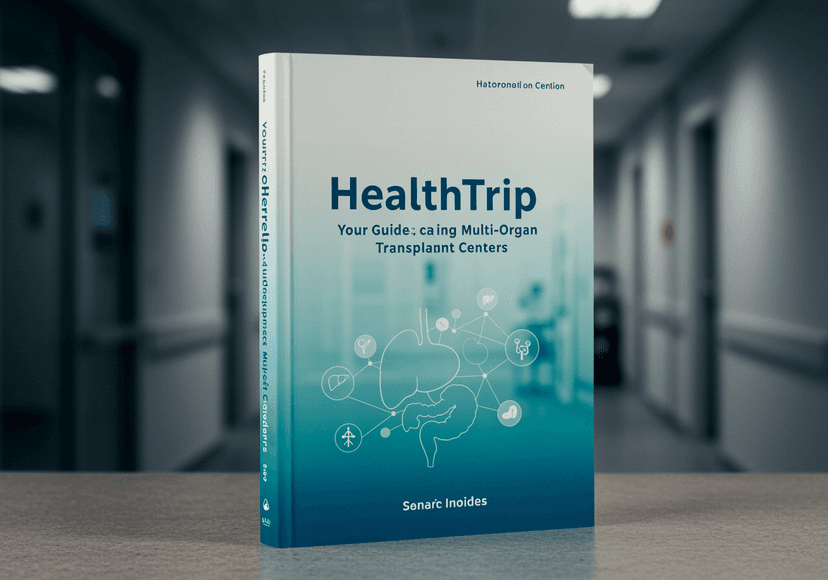
Healthtrip: Your Guide to Leading Multi-Organ Transplant Centers
Healthtrip
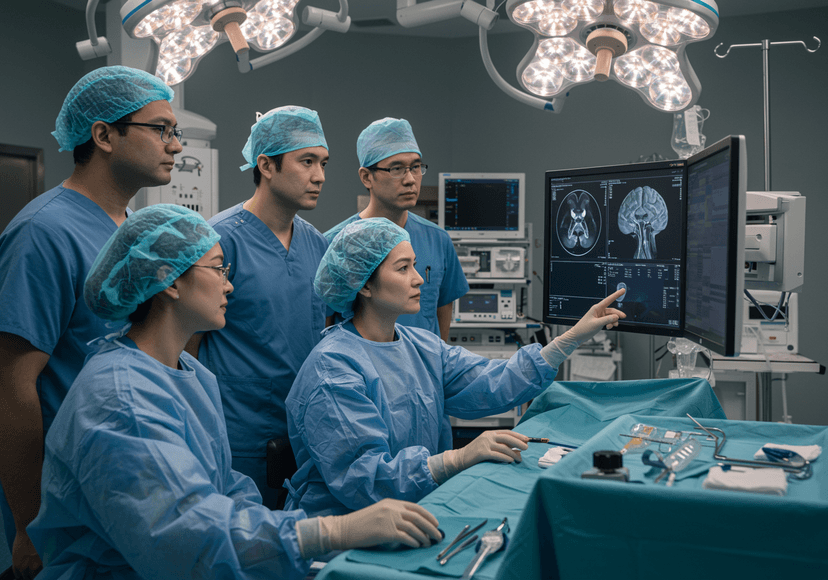
Healthtrip: Advanced Brain Treatment Options with Expert Surgeons
Healthtrip
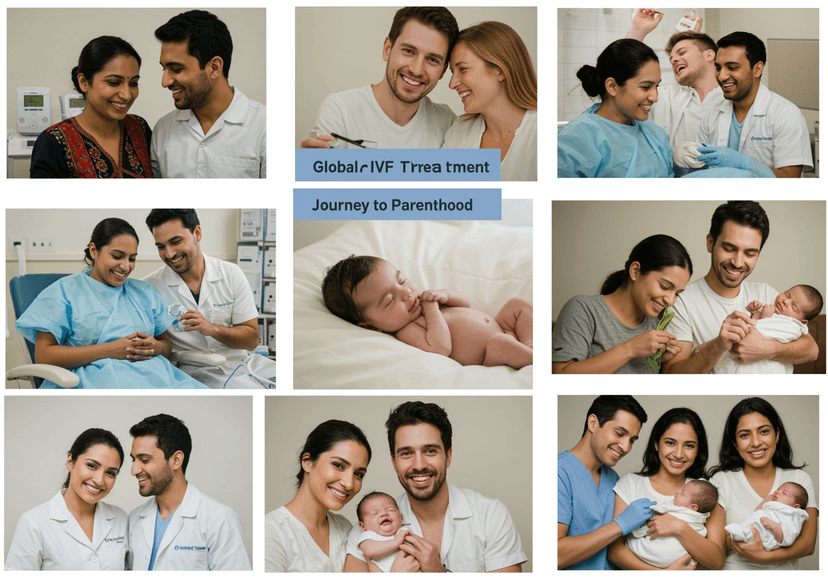
Healthtrip: Global IVF Treatment - Journey to Parenthood
Your Path to Parenthood with Healthtrip
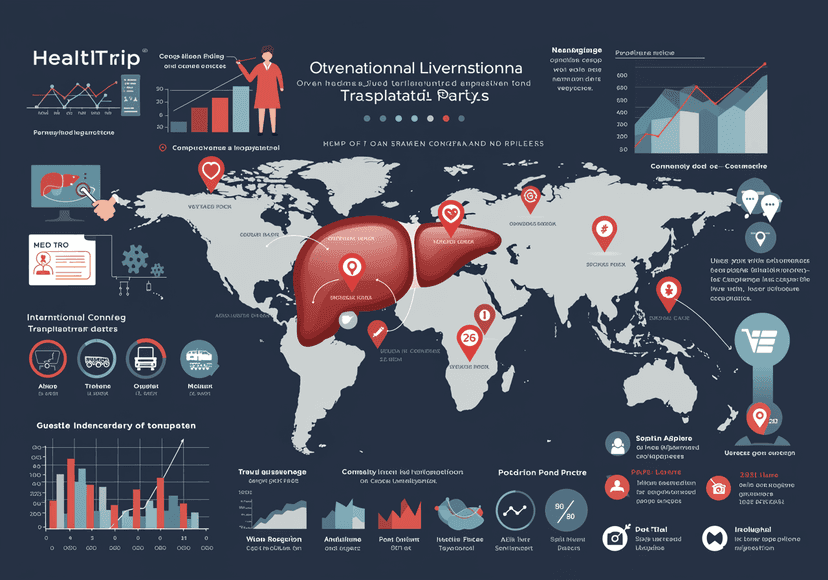
Healthtrip: Navigating International Liver Transplant Options & Prices
Healthtrip
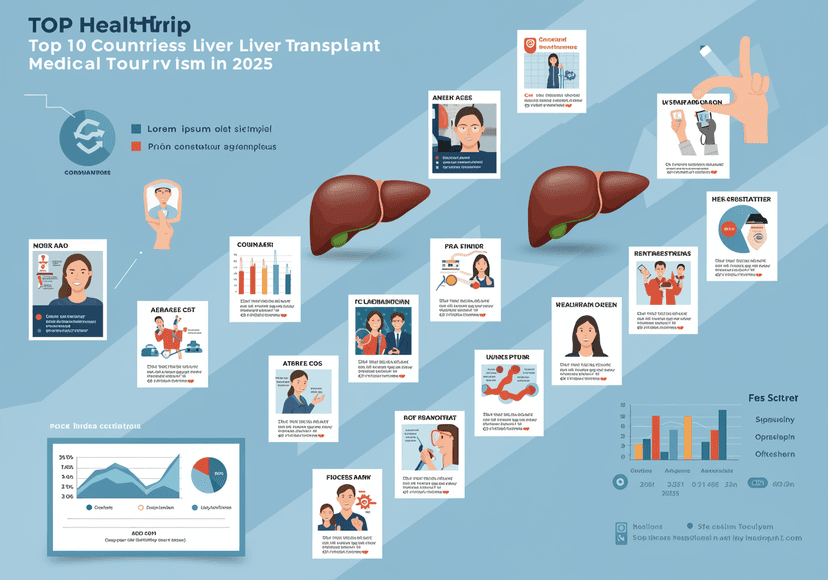
Healthtrip: Top 10 Countries for Liver Transplant Medical Tourism in 2025
Healthtrip Medical Tourism
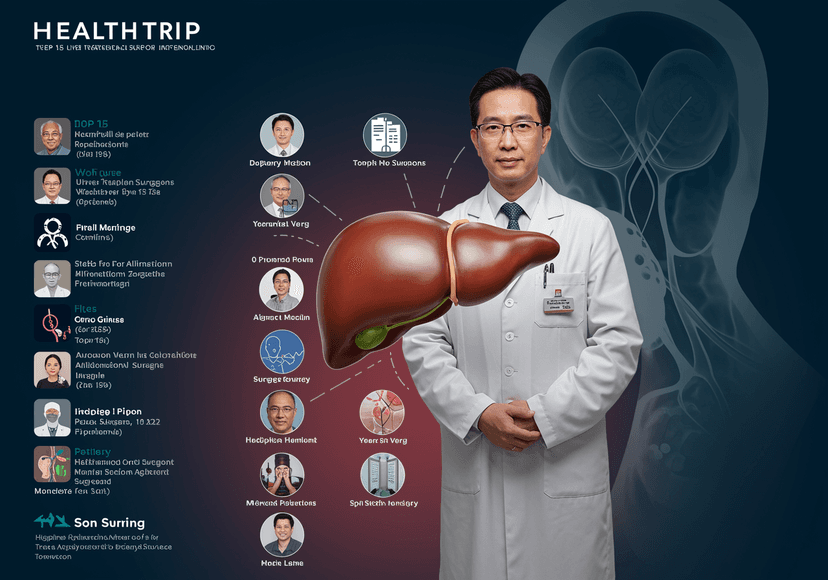
Healthtrip: Top 15 Liver Transplant Surgeons for International Patients
Healthtrip








